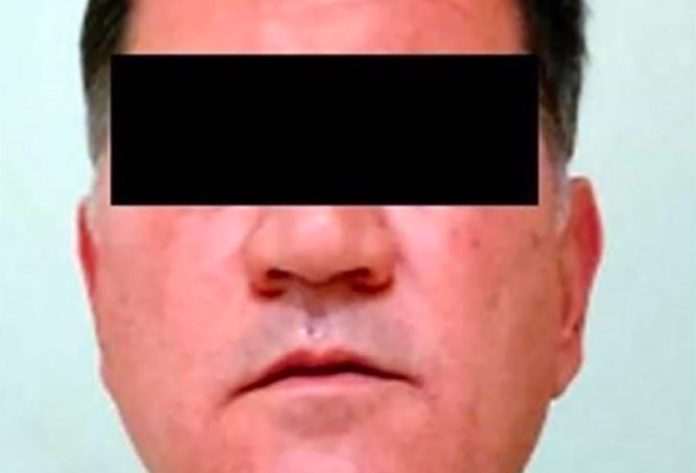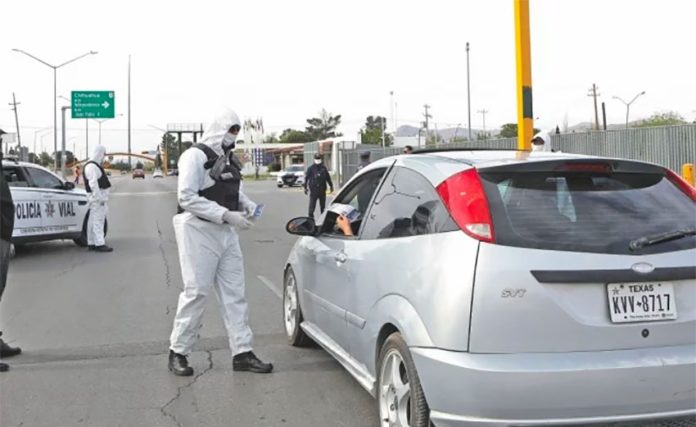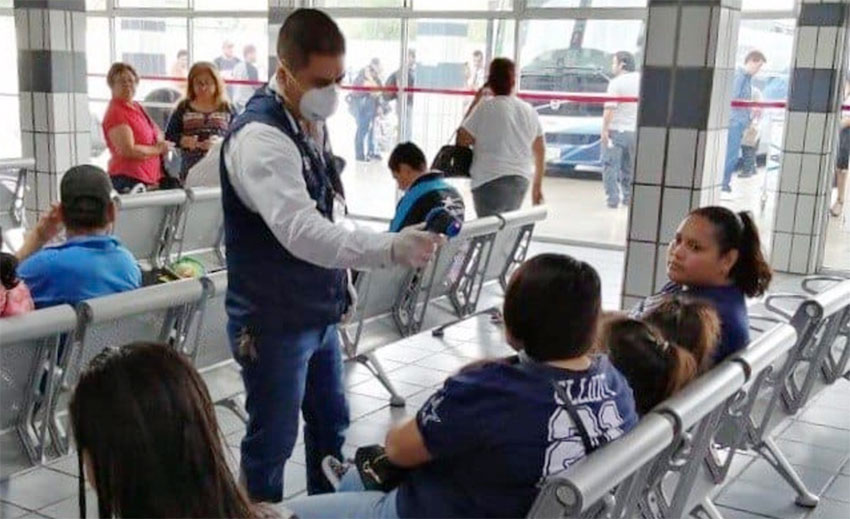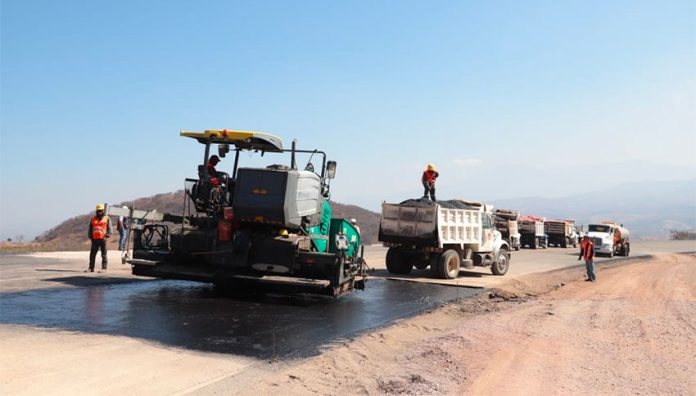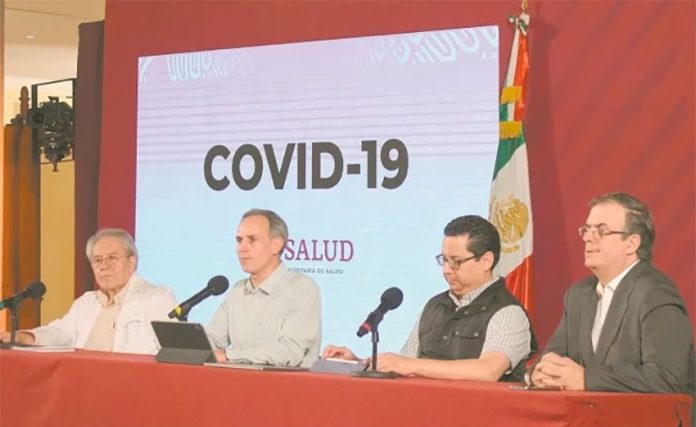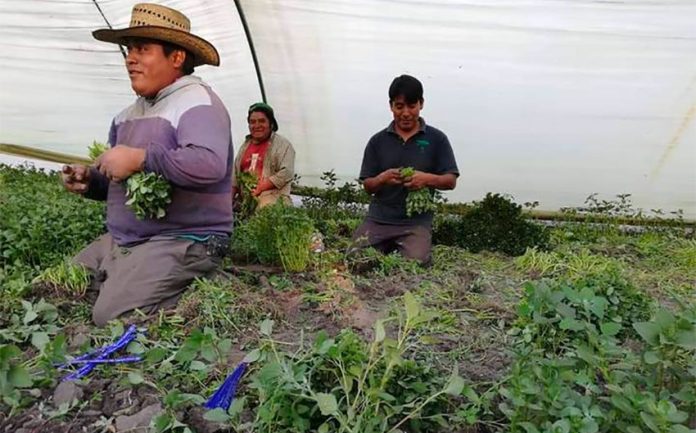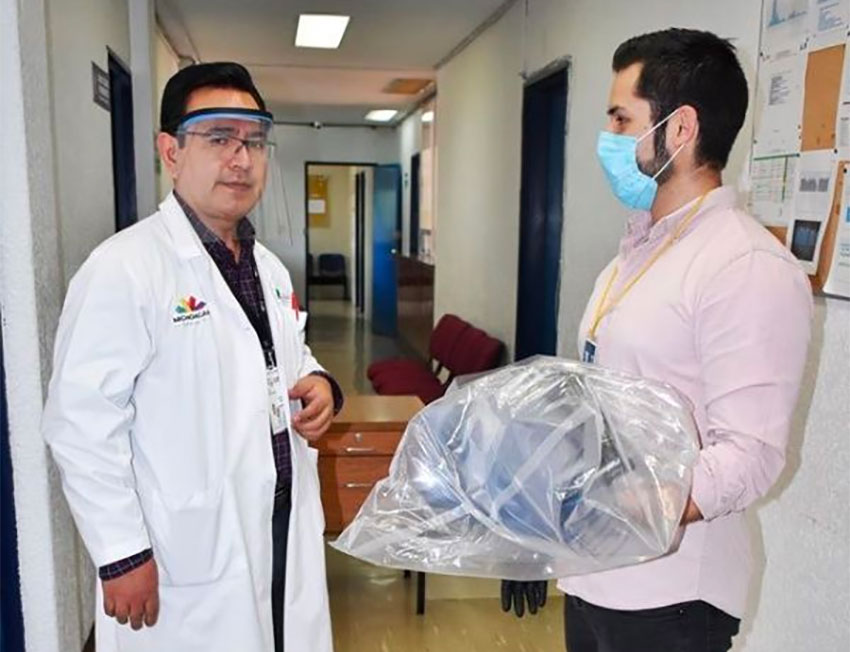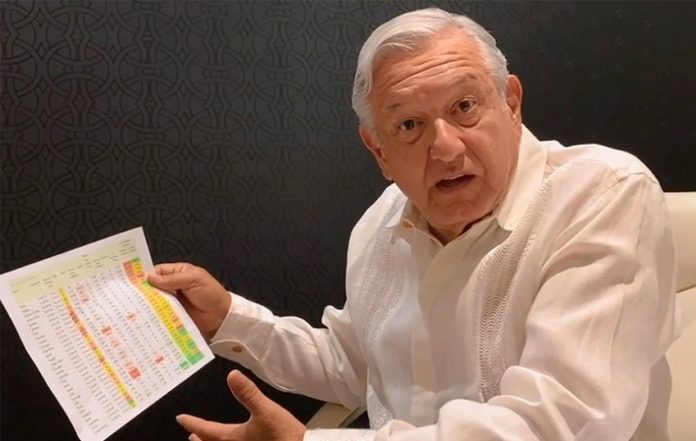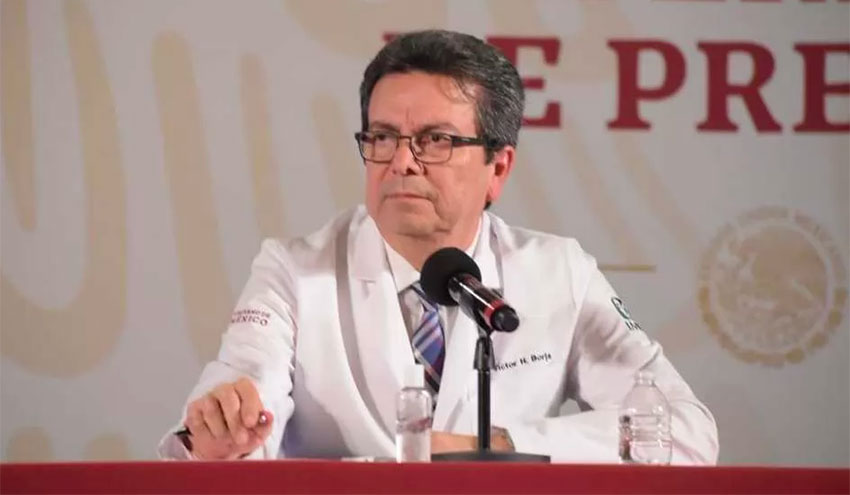Thousands of construction workers in the Riviera Nayarit have been laid off due to the growing outbreak of Covid-19.
Many of the mostly indigenous workers who have lost their jobs moved either temporarily or permanently to the Bahía de Banderas town of Jarretaderas, Nayarit, from states such as Chiapas, Puebla and Veracruz to work on hotel and condominium projects in both the Riviera Nayarit and the nearby resort city of Puerto Vallarta, Jalisco.
However, with construction projects suspended due to the coronavirus pandemic, a lot of the interstate workers have decided to head home.
Librado Consueda, a bus driver currently transporting workers between Jarretaderas and the Chiapas capital Tuxtla Gutiérrez, told the newspaper La Jornada that thousands of people have left Nayarit since special services between the two destinations began on March 20.
“Those of us who make a living doing trips from Jarretaderas to Chiapas are doing very well,” he said.
“The people who are leaving are being laid off without any [compensation]. The families of a lot of people are sending them money to pay for their ticket to go back,” Consueda said, explaining that the workers will not receive any pay while they are not working.
“They [the developers] are saying that they’ll probably call them to go back [to work] on April 28,” he added.
One of the affected workers who decided to return to Chiapas is a man identified by La Jornada only as Francisco.
“They’re stopping all the projects. They stopped our work two weeks ago because of the coronavirus. I was working on projects in the [Puerto Vallarta] hotel zone … from there I went to [the Nayarit resort town] Bucerías and the same thing happened,” he said before boarding a bus to head home.
Explaining that he has a wife and children to support, Francisco said that he planned to return to Nayarit once the coronavirus threat passes.
“I don’t know what we’re going to do to survive because there’s no work in Chiapas. It’s complicated, I don’t know how long [the health crisis] will last,” he said.
Two other construction workers in a similar situation are Julio César and Esteban.
“They told me: ‘prepare yourself because everything is closing on Thursday because of the virus,’” the former told La Jornada.
Esteban, a man in his 20s who has been working on a residential project in Nuevo Vallarta, said that he was returning to his home town of San Lucas, located 75 kilometers southeast of Tuxtla. He complained that the coronavirus pandemic was being used as an “excuse” to raise prices.
“Everything’s going up, even the [bus] ticket. Everything is more expensive,” he said.
Esteban also complained that construction companies were violating workers’ rights by laying them off without any severance pay.
Amado, 27, said that most workers would struggle to support themselves and their families during the construction suspension caused by the coronavirus outbreak.
“There are a lot of people who live day by day to support their families. If I don’t work for a week, my family suffers,” he said.
Hundreds of thousands or even millions of other workers across a range of sectors including tourism, hospitality and retail are likely to lose their jobs as a result of a coronavirus-fueled economic downturn.
Authorities in many states have ordered a range of non-essential businesses to shut as part of efforts to contain the spread of the infectious disease, which had infected just under 1,000 people in Mexico as of Sunday.
Source: La Jornada (sp)
